Estimated reading time: 7 minutes
Ever wonder what’s going on inside your cat’s head when they bump into a long-lost sibling? You might be surprised to find out that the world of feline family ties is more complex than you think.
Stick around, and we’ll dive into the fascinating question: Do cats remember their siblings? You’ll get answers that could forever change how you see your furry friend’s social life.
Key Takeaways
- Cats may remember their siblings due to the importance of littermates and their social interactions during kittenhood.
- Kittens bond closely with their littermates through eating, playing, and sleeping together.
- Cats have a solid short-term memory and can remember the smell of a sibling for several days.
- Cats also have a remarkable long-term memory, allowing them to recognize siblings even after years of separation.
Do Cats Remember Their Siblings?
Cats might remember their brothers and sisters because their time together as kittens plays a big role in their social lives. Let’s dig deeper!
Importance of littermates
Kittens start life with their siblings. They eat, play and sleep together. This helps them learn how to interact with others. It also lets them bond closely. Their littermates’ smell is a comfort to them.
Even as they grow up, cats can feel better around their previous littermates. But sometimes, things can get a bit tough between siblings when they want the same thing like food or space.
Social play vs. object play in kittens
Kittens love to play. Their games are not just for fun. They help them grow strong and smart. Social play is when kittens play with each other. They chase, fight, and wrestle their siblings. This helps them bond with one another.
Object play is different from social play. Kittens use toys or objects in this type of game. Sometimes they even make pretend fights on other animals! Every object becomes a toy to be pounced on and explored. This kind of game makes kitten’s minds sharp and quick.
Short-term memory in cats
Cats have a solid short-term memory. They use it to remember their siblings for some time. The smell of a sibling can stay in a cat’s mind for several days. This helps cats know who is part of their family and who is not.
Some studies show that cats can still think of a sibling’s scent after many years apart. All cats are different, though, and some may forget faster than others.
Long-term memory in cats
Cats have a remarkable ability to remember things for a long time. Their long-term memory helps them retain information even after a significant period has passed. This means that cats can remember their siblings, even if they haven’t seen them in years.
Older cats tend to have a longer memory span compared to younger ones. So, if two cats grew up together as siblings and were later separated, they can still recognize each other based on their memories of the time they spent together.
Cats’ strong sense of smell also plays a role in their long-term memory, as they can use scent recognition to remember familiar individuals, including their littermates. Whether it’s through scent or other cues, such as visual or behavioral patterns, cats can form lasting memories of their siblings.
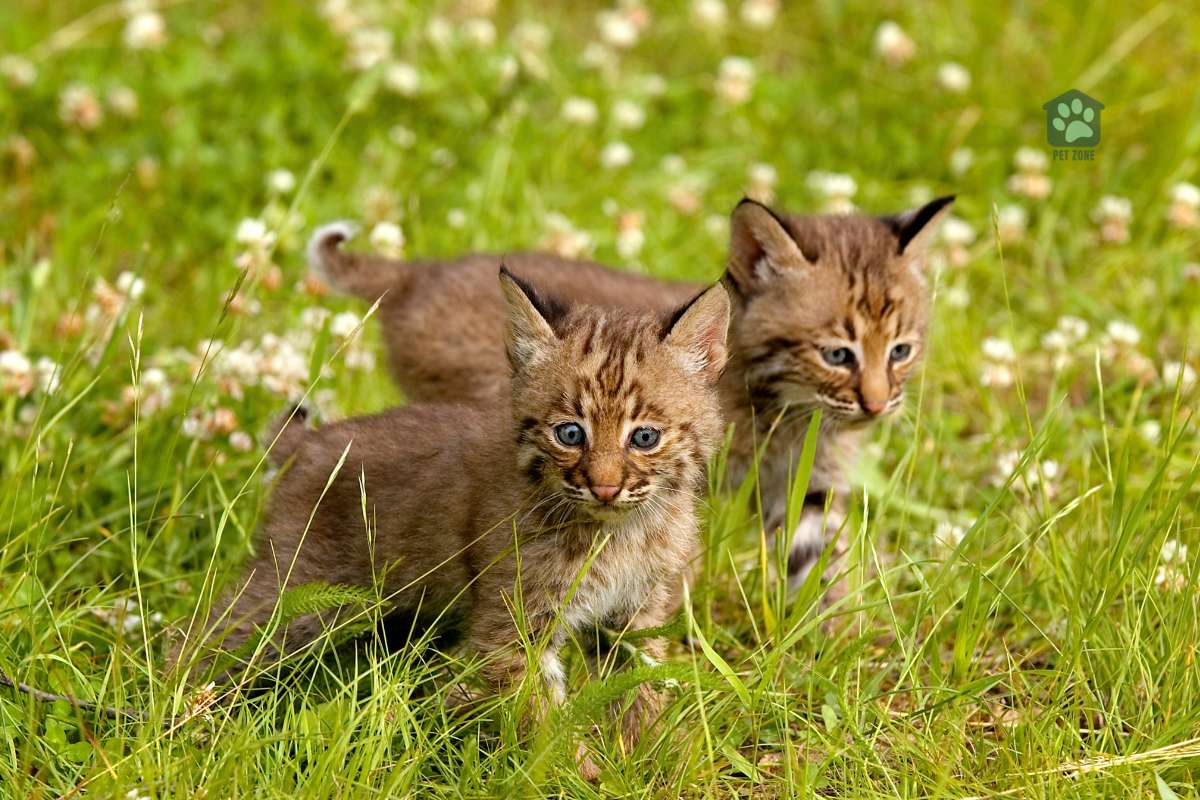
Can Cats Recognize Their Siblings?
Studies and research have shown that cats are capable of recognizing their siblings through scent recognition and behavioral cues. Discover more about how cats recognize their siblings and the factors that influence their memory in this section.
Studies and research on cat recognition
Researchers have conducted studies to understand how cats recognize one another. These studies have found that cats rely heavily on scent recognition to identify other cats. They use their sense of smell to determine if a cat is familiar or unfamiliar.
When it comes to recognizing siblings, research suggests that unless they were raised together, cats are not likely to remember or recognize each other after separation. Cats primarily rely on scent rather than visual cues when it comes to recognizing members of their own species.
Scent recognition in cats
Cats have a strong sense of smell and use scent to identify other cats. This means that they can recognize their siblings through their unique scent. When cats come into contact with their siblings, they often greet each other and show signs of recognition.
In fact, studies have shown that cats can even remember the scent of their littermates after being separated for a period of time. However, if siblings are separated early on and don’t have the chance to bond or share scents, they may not recognize each other later in life.
It’s important to note that while scent recognition is an important factor in cat sibling memory, it’s not the only one – environmental cues and associations also play a role in how cats perceive and remember their siblings.
Behavioral cues of recognition
Cats use various behavioral cues to recognize their siblings. These behavioral cues include body language and vocalizations, which cats use to communicate with each other and establish familiarity.
However, it’s important to note that not all cats will instantly recognize or get along with their siblings when they meet later in life. Factors such as separation at a young age and length of separation can affect the recognition process.
Factors That Influence Cat Sibling Memory
Separation at a young age, the length of separation, and environmental cues all play a role in influencing a cat’s memory of their siblings.
Separation at a young age
When kittens are separated from their siblings at a young age, it can have a big impact on them. They may experience anxiety, aggression, and other behavior problems. This separation can also affect their learning abilities and make it harder for them to learn new things.
Even though they are separated, kittens still have very good memories and can remember their siblings even after many years of being apart. They can recall the scents and sounds of their siblings, showing that they have strong memories of their past companions.
It’s important to consider these factors when thinking about separating kitten siblings.
Length of separation
The length of separation can affect how well cats remember their siblings. When kittens are separated from their siblings at a young age, they may have positive memories of their brothers and sisters.
Older cats who are separated from a bonded sibling may take longer to adjust to being apart. Kittens might adapt quickly to leaving the litter, but older cats may struggle more with being separated from their siblings.
Cats have good long-term memory and can hold onto memories of their siblings even after they’ve been apart for some time.
Environmental cues and associations
Environmental cues and associations play a crucial role in influencing cat sibling memory. Cats rely on their senses, such as smell, hearing, and sight, to remember individuals. The familiar scent of a littermate or the sound of their meow can trigger recognition.
Additionally, cats may associate certain places or objects with their siblings, which can help them remember. These environmental cues create strong connections and memories for cats when it comes to their siblings.
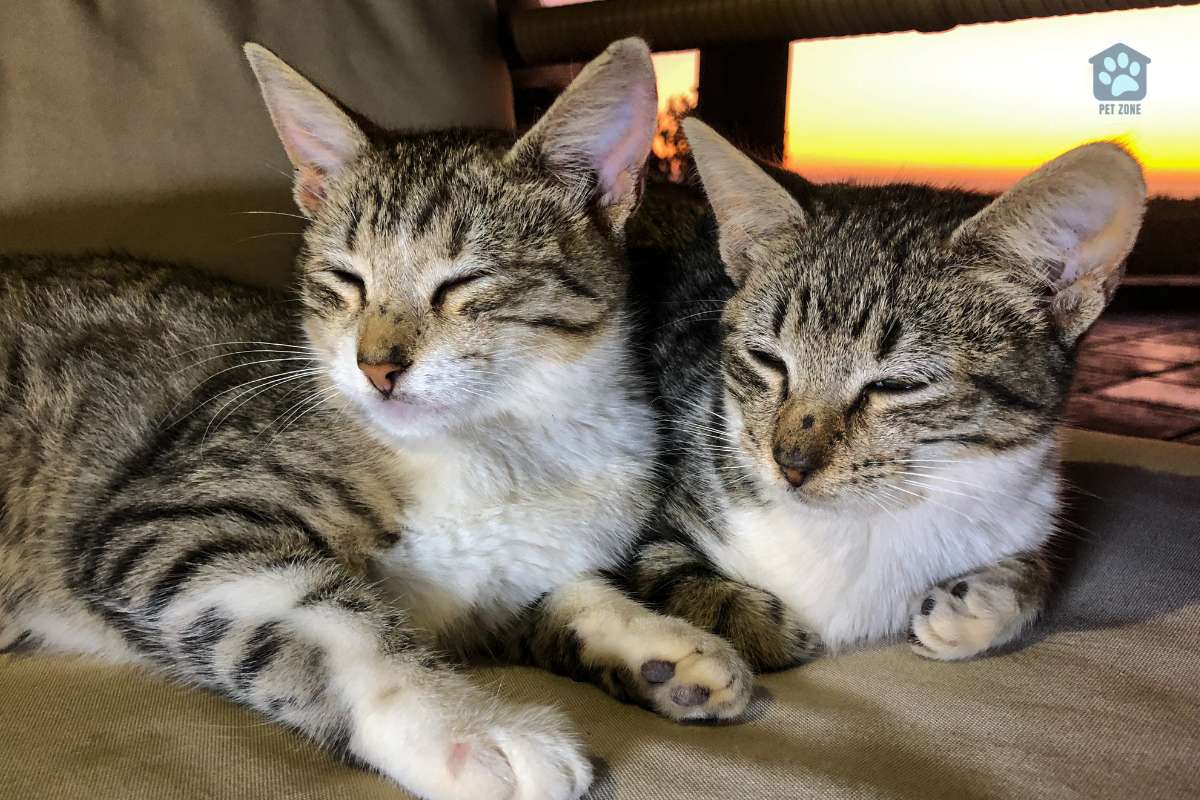
Conclusion
Cats often have memories of their siblings and early life experiences, and they may remember or recognize their siblings after being separated. Young kittens may show signs of separation anxiety when taken away from their siblings and mother, but this is not necessarily due to a specific memory of their littermates.
Frequently Asked Questions
Yes, there are many cases where adult cats and kittens remember their siblings and other family members even after a long time apart.
It’s possible for some cats to feel sad or show signs of separation anxiety when they no longer share companionship with their sibling cats, especially if they were close.
Kittens first learn to socialize during the early weeks of life by playing with and copying behaviors from mother cat, littermates, which include sibling cats too.
Separation can affect each kitten differently; it may cause stress while others adapt quickly into a new family or bond well with non-related cat within the household.
Not every cat may know that they’re related – a lot depends on how young kittens were weaned away from mother and littermates – sometimes some don’t remember at all.
Even though one unfamiliar cat could smell similar to a known sibling, this might not lead to immediate bonds between two non-related cats due to lack of shared history or experiences.
As an Amazon Associate I earn from qualifying purchases.
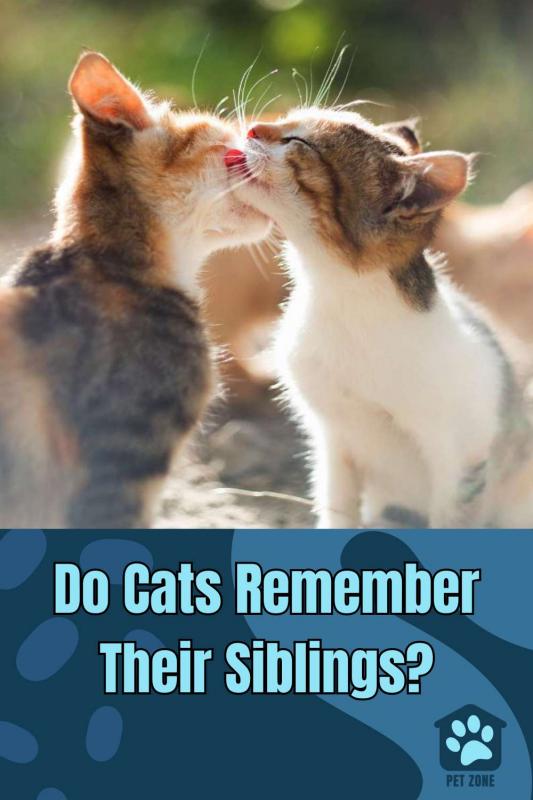


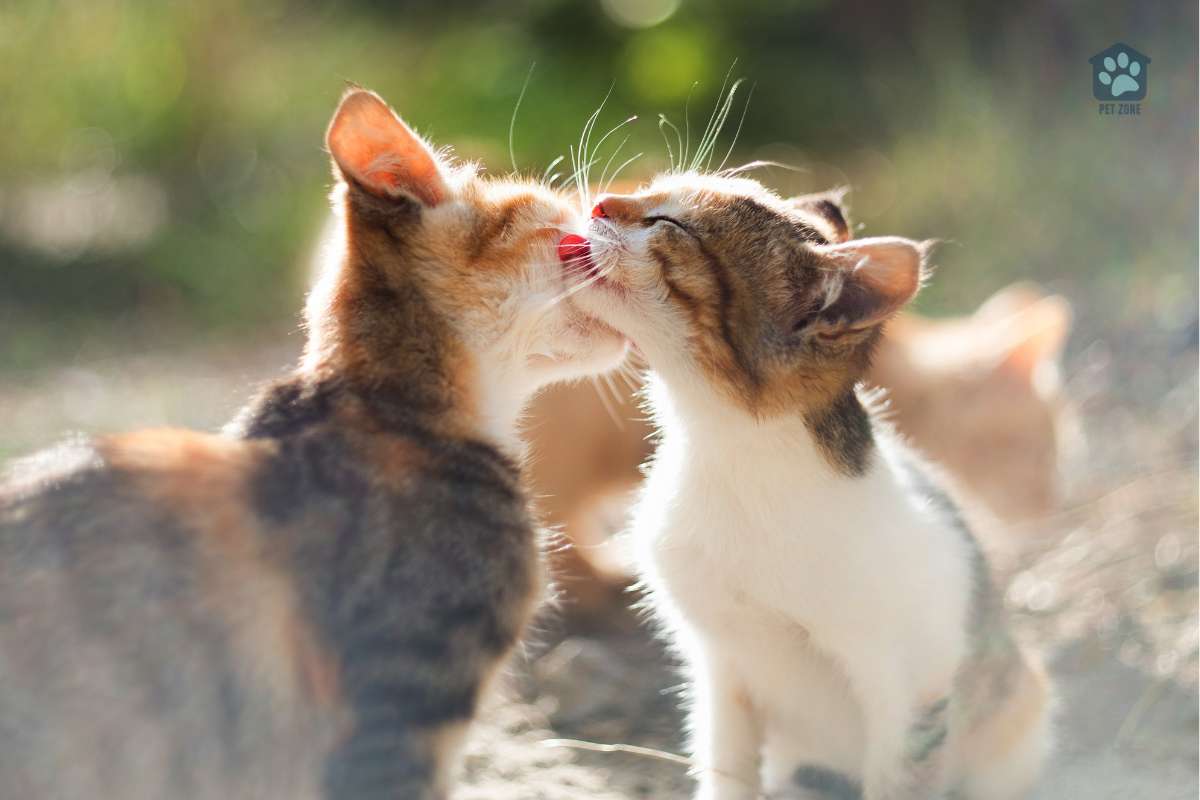
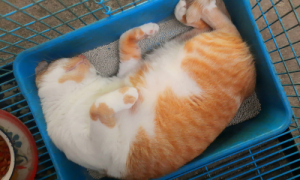
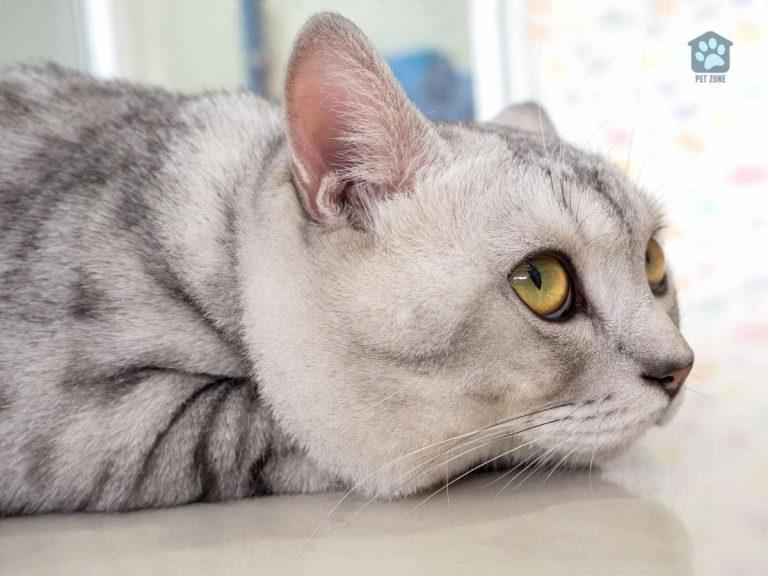
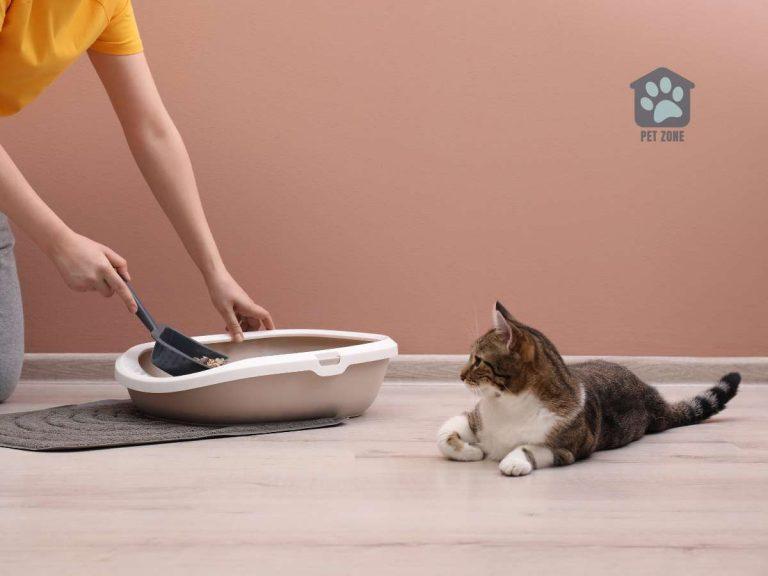
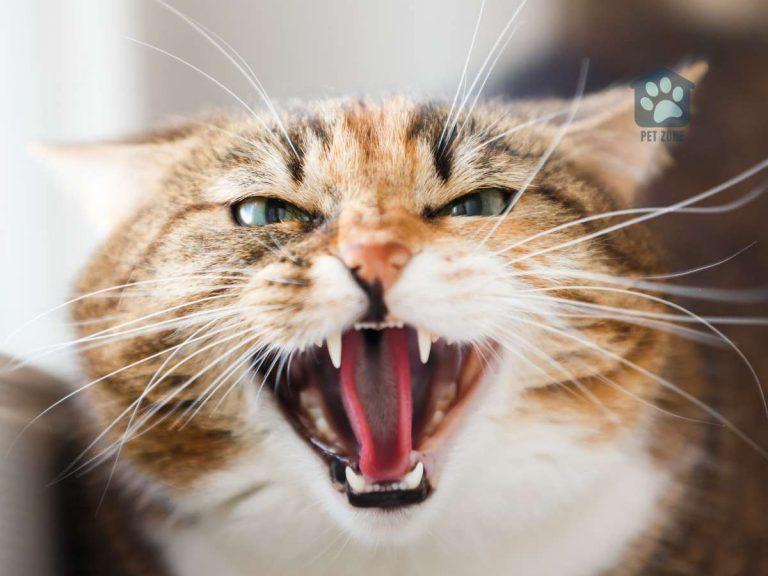
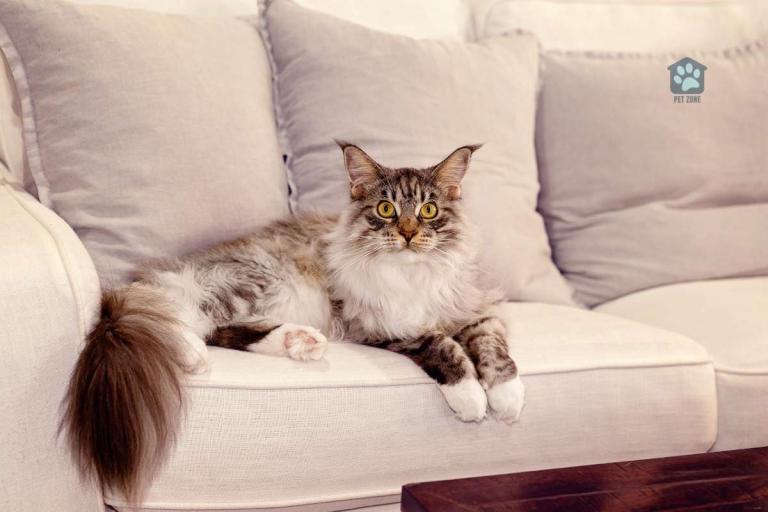

It’s so interesting to read about if cats can remember their siblings. I have two related cats – they’re not littermates but have the same father. We adopted them 3 months apart, and seeing how they interacted when we first got them was interesting. They definitely recognized each other!
I have two cats and always wondered about this and taking them away from their mother and siblings at a young age or even a slightly older age.
Very interesting read. I truly agree that everything is toy for cats and they want to explore whatever they see.
Cats are so amazing – guess they aren’t so different from us when it comes to family ties.
Great article! I always tend to learn something new from your posts. Thank you for sharing!